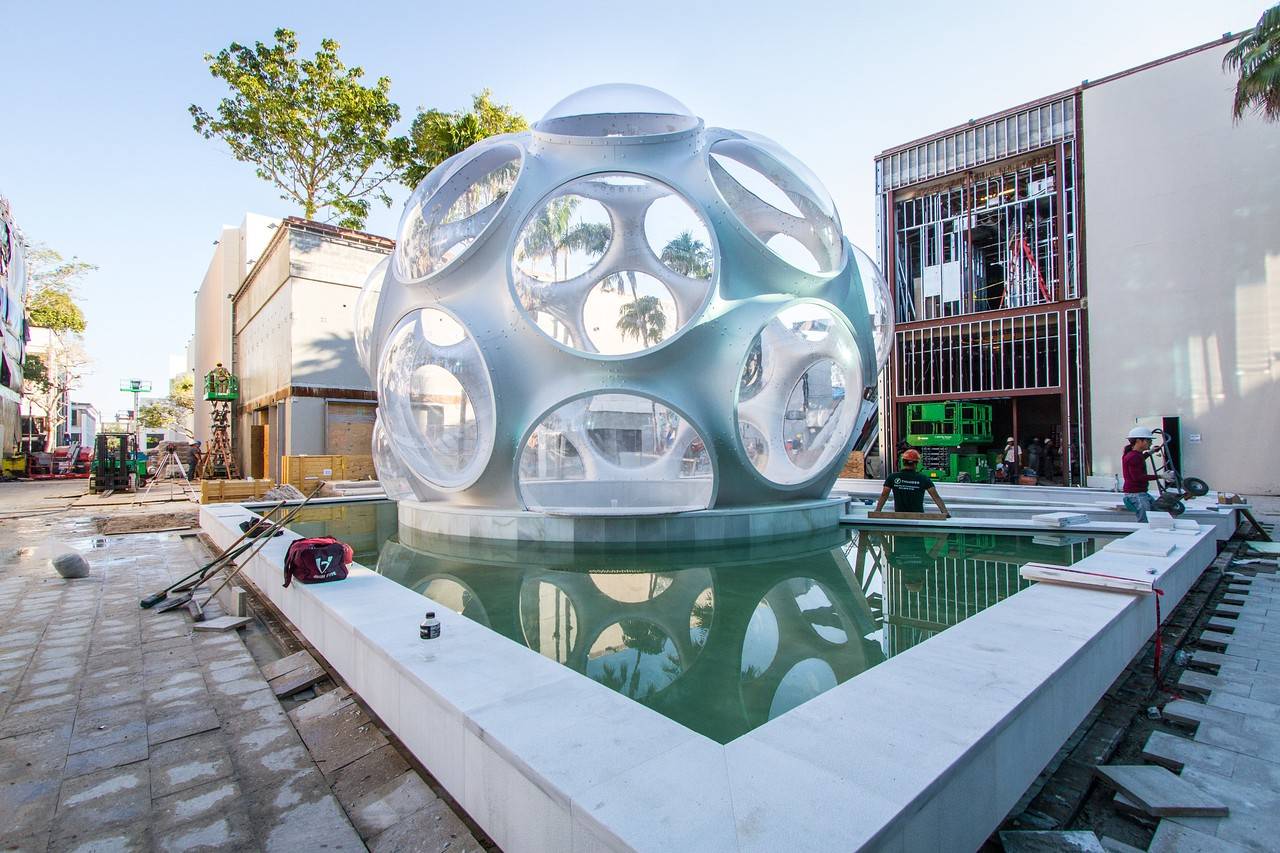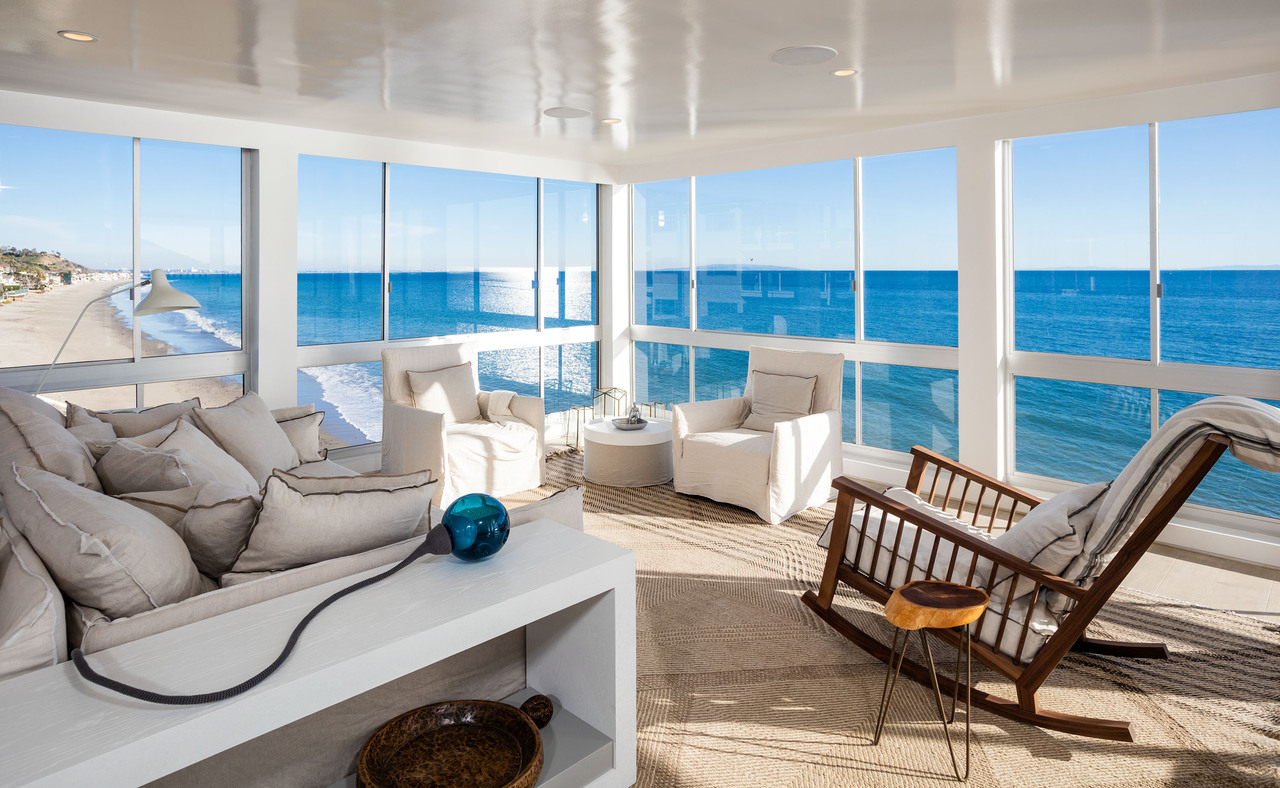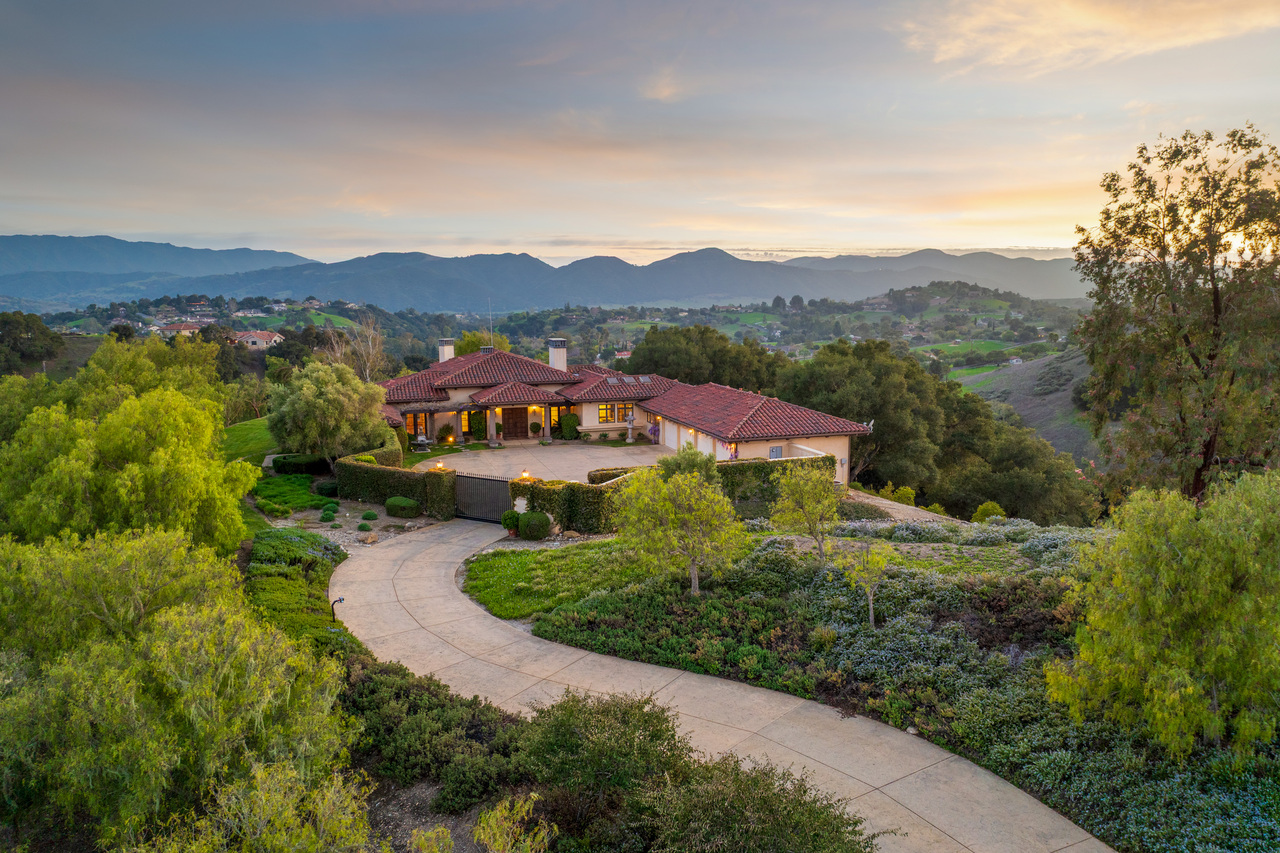Richard Buckminster Fuller‘s visionary “Fly’s Eye Dome”—which he designed and patented in 1965—was installed in the Miami Design District for this year’s Design Miami. A model of the futuristic structure was placed in front of Sou Fujimoto’s Palm Court shopping center, on top of a shallow body of water.
Fuller saw his “Fly’s Eye Dome” as a prototype for low-cost portable housing of the future, referring to it as an “autonomous dwelling machine.” He designed it to have the ability to house solar panels and water collection systems, rendering it a completely self sufficient residence.

Before his death in 1983, Fuller had produced three of the ultramodern structures—white fiberglass partial-spheres framing bubble-like transparent domed windows—in different sizes.
Miami Design District creator Craig Robins acquired one of the three domes, measuring just over seven meters in diameter, in 2011. Then, shortly after, the Buckminster Fuller Institute commissioned a team of 3D-design experts to recreate the structure utilizing modern-day materials and technology, which had not been available to Fuller during his lifetime.

DRDesign, Conform Labs and Goetz Composites were able to build a 3D parametric model from the original parts, using a five-axis CNC machine to produce a series of engineered components. The new version features a joining system that makes the structure watertight and allows for passive ventilation.

The largest of the three domes—15 meters-wide—is currently touring festivals and design manifestations, and the smallest one is owned by British architect, Norman Foster.
Foster discusses the significance of the Fly’s Eye Dome in a movie filmed at the 2011 exhibition “Architecting the Future: Buckminster Fuller & Lord Norman Foster,” in which his work is compared to that of Fuller.
Details and photographs courtesy of Dezeen





